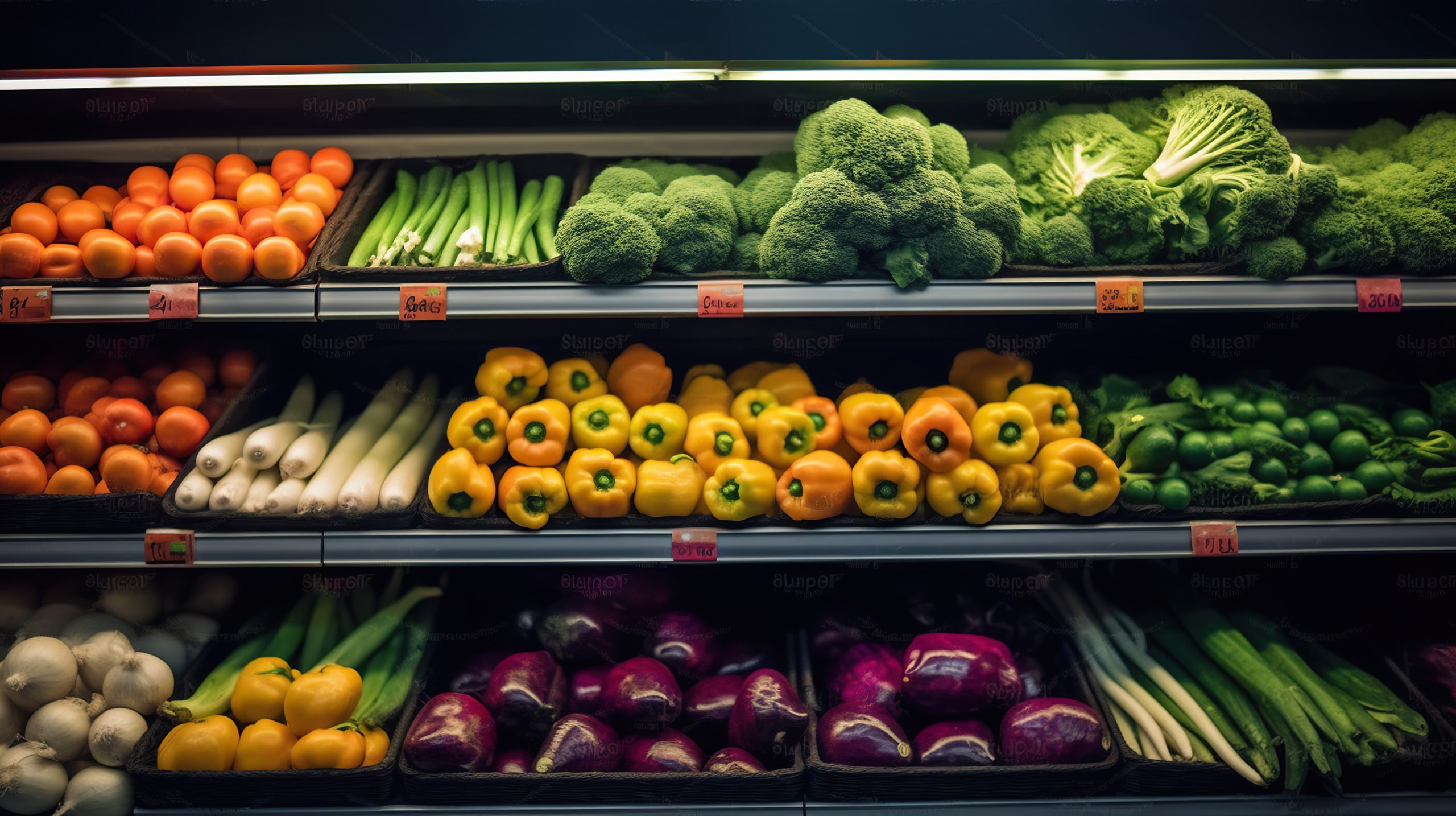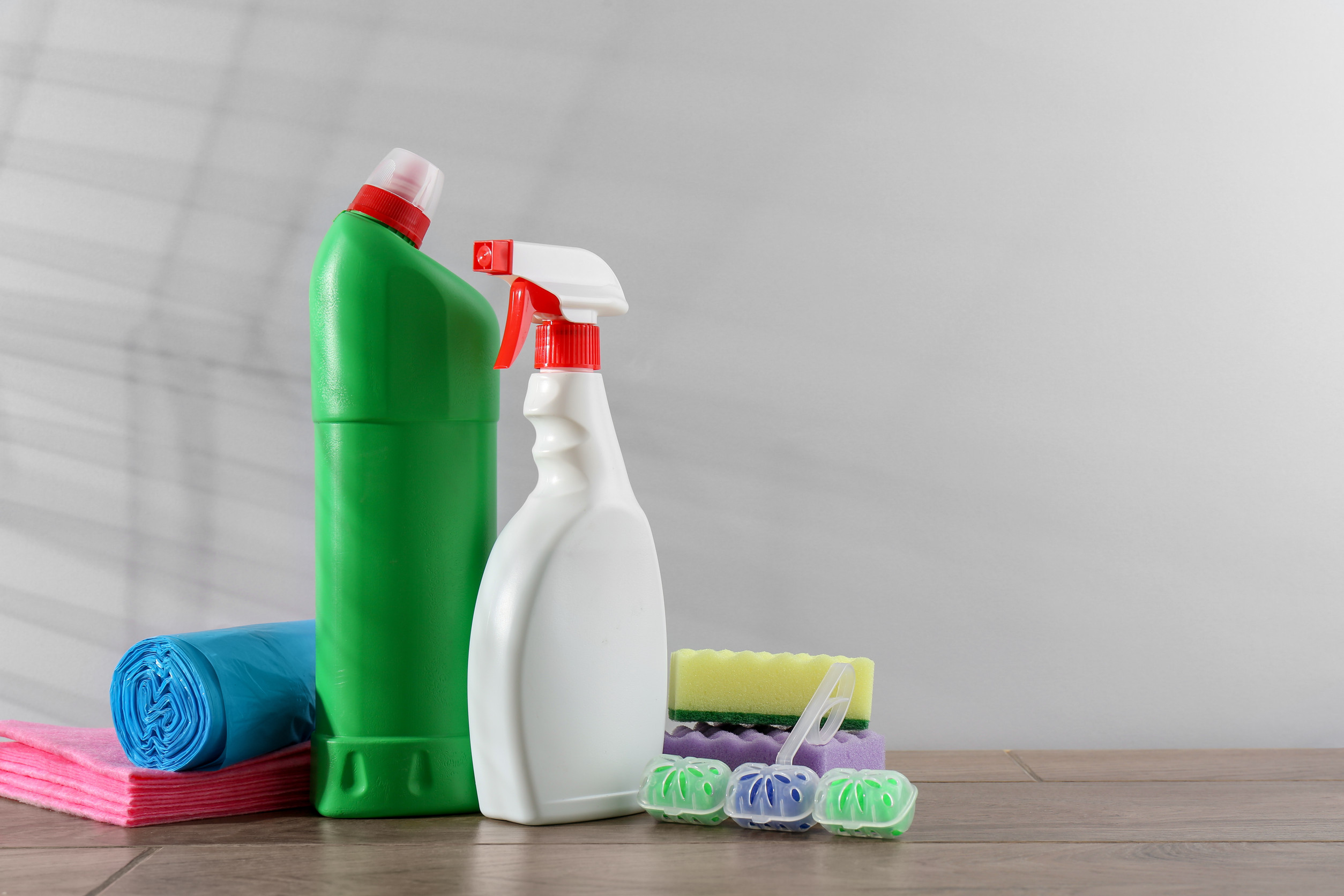Stocking up feels like winning a secret game against rising prices. Warehouse stores lure shoppers with towering stacks of “value-sized” goods that promise long-term savings and convenience.
But behind the thrill of loading carts with oversized packages is a hidden trap: not everything bought in bulk actually saves money. In fact, some of those mega-purchases are budget sinkholes disguised as bargains.
Here’s a look at nine everyday items that turn from “deal of the century” into “what a waste” faster than you can finish a family-sized pack of cookies.
1. Fresh Produce That Spoils Fast
Buying crates of avocados, bananas, or leafy greens seems smart until half of them turn brown and end up in the trash. Fruits and veggies have short shelf lives, and bulk quantities rarely match the pace most households can eat them. Spoilage sneaks up quickly, making the savings disappear with every mushy tomato tossed away.
Smaller, fresher purchases often stretch further and taste better than forcing yourself through wilting piles. Unless there’s a plan to freeze, preserve, or share, oversized produce purchases cost more in waste than they save in dollars.
2. Giant Bottles of Condiments
That gallon of ketchup might feel like a power move, but it rarely pays off. Condiments may have long shelf lives, but once opened, they degrade faster than most people realize. A half-used tub of mayonnaise forgotten in the fridge is not just wasteful—it’s risky. Flavor fades, textures change, and nobody wants to gamble with food safety. Unless there’s a restaurant-level demand in the house, those super-sized condiment containers are a guaranteed waste of money.
3. Oversized Packs of Spices
A towering jar of cinnamon or paprika feels like it’ll last forever, but that’s the problem. Spices lose their punch over time, and the bigger the container, the more flavor gets wasted. By the time it’s halfway gone, most of the aroma and potency have vanished. Smaller jars keep seasonings fresher and ensure every dash is worth the cost. With spices, freshness beats quantity every single time.
4. Huge Boxes of Cereal
That jumbo-sized box of cereal seems perfect for hungry families, but the reality is less appetizing. Cereal goes stale fast, especially once the inner bag is opened and exposed to air. Even sealed, the sheer size makes it tough to keep it tasting crisp and fresh to the end. Kids quickly tire of eating the same flavor day after day, and half the box sits ignored. The “deal” only works if everyone enjoys cardboard-textured breakfasts.
5. Cleaning Products in Massive Jugs
It’s tempting to think giant containers of cleaning sprays, detergents, or solutions will stretch budgets. The problem is that they often take up huge storage space and are harder to handle or pour without spills. Some formulas even break down over time, leaving them less effective than when first bought. Smaller bottles may cost slightly more per ounce, but they’re easier to use, fresher, and less wasteful. That bargain gallon often ends up under the sink, forgotten and leaking.
6. Large Bags of Coffee Beans
Coffee lovers are drawn to bulk bags with visions of endless morning brews. But coffee loses its flavor and aroma surprisingly fast once the beans are exposed to air. Even when stored carefully, large quantities rarely stay fresh long enough to justify buying more than a few weeks’ supply. Flat, lifeless coffee doesn’t feel like much of a bargain after the first few cups. For true coffee enjoyment, smaller batches always win over bulk bins.
7. Paper Products in Excess
Buying giant packs of toilet paper, paper towels, or napkins feels safe—who doesn’t want a backup stash? The problem comes when storage space is overwhelmed, and supplies get crammed into damp basements or dusty garages. Moisture and pests can ruin entire bundles before they’re ever used. On top of that, families often overuse when the supply feels endless. A steady supply in manageable amounts beats towers of paper threatening to topple over.
8. Bulk Snacks and Treats
That tub of cookies or family-sized bag of chips is more about temptation than savings. Large snack packs encourage overeating, which empties the container much faster than intended. By the time anyone tires of the flavor, staleness takes over.
Bulk snacks rarely last long enough to provide genuine value, especially when healthier options are ignored. The money goes quicker than the snacks, leaving both wallets and diets worse off.
9. Shampoo and Personal Care Products
Personal care items often seem safe to stockpile, but they don’t last forever. Formulas can separate, lose effectiveness, or even grow bacteria if stored too long. Scents fade, textures change, and some products just don’t feel right months after opening. Bigger bottles are also harder to store neatly in bathrooms, making them more of a hassle than help. Buying moderate sizes ensures products are fresh, safe, and actually worth the money.
Bulk Isn’t Always Better
The idea of bulk shopping makes sense on the surface, but in reality, it often backfires. From spoiled food to stale coffee and wasted toiletries, the “savings” evaporate with every item that gets tossed. Smart shopping means knowing which products truly benefit from bulk buying and which ones should stay in smaller sizes. Sometimes, less really is more when it comes to both money and space.
What’s the worst bulk buy you’ve regretted? Share your thoughts or experiences in the comments.
You May Also Like…
- 5 Everyday Memberships That Don’t Save Consumers Anything
- 9 Everyday Items That Cost Poorer Families More Than the Wealthy
- 5 Strange Ways People Waste Money Without Realizing It
- 10 Pet Accessories That Are a Waste of Money According to Vets
- 8 Smart Money Shifts You Can Automate With Zero Effort


